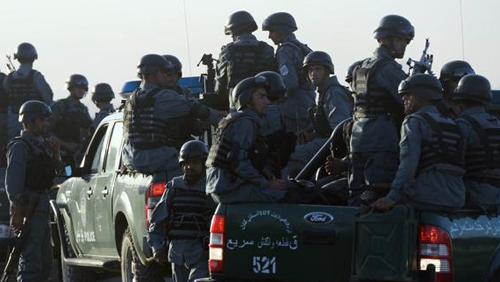Jul 2: Democratic presidential candidate and former US vice-president Joe Biden has said that if he wins the November elections, strengthening the relationship with India which is America’s "natural partner", will be a high priority for his administration.
"India needs to be a partner in the region for our safety's sake and quite frankly for theirs," he said in response to a question on India-US relationship during a virtual fundraiser event on Wednesday.
At the fundraiser hosted by Chairman and CEO of Beacon Capital Partners Alan Leventhal, the former vice president said that India and the United States were natural partners.
"That partnership, a strategic partnership, is necessary and important in our security," Biden said when asked by an attendee whether India is critical to the US' national security.
Referring to his eight years as the vice president, he said, "In our administration, I was proud to play a role more than a decade ago in securing Congressional approval for the US-India Civil Nuclear Agreement, which is a big deal".
"Helping open the door to great progress in our relationship and strengthening our strategic partnership with India was a high priority in the Obama-Biden administration and will be a high priority if I'm elected president,” Biden said.
Both as the vice president and a senator from Delaware, he was a big supporter of India-US relationship.
About the November polls, Biden said that the character of the country is on the ballot. The upcoming election is the most important poll of a lifetime and that the country is currently engaged in a battle for its soul, he claimed.
Biden also slammed President Donald Trump and his administration over the handling of the coronavirus pandemic.
"Trump ignored warnings from the very beginning, refused to prepare and failed to protect the country. Not just now but throughout his presidency, undermining the very core pillars of ours, what I would argue, moral and economic strength.
"I really do believe that our country is crying out for leadership and maybe even more important, some healing. Today, we have an enormous opportunity not only to rebuild but to build back better than before. To build a better future. That's what America does," he added.






Comments
Add new comment